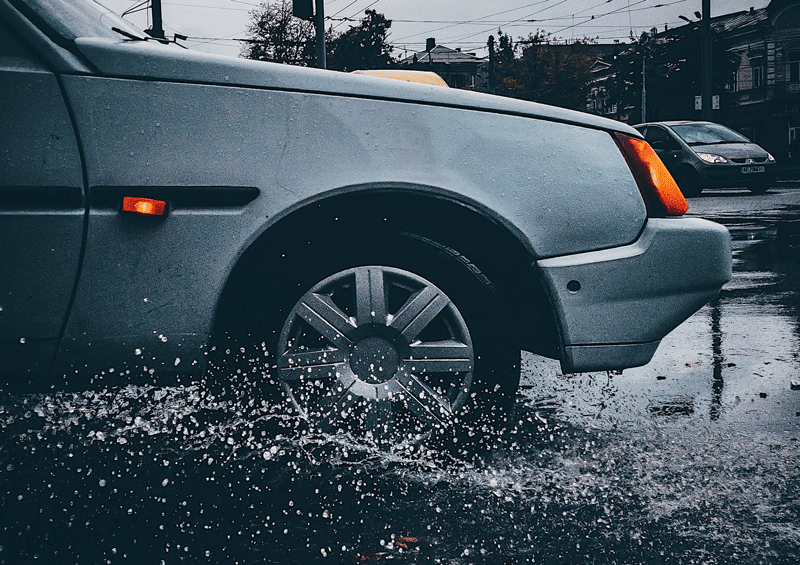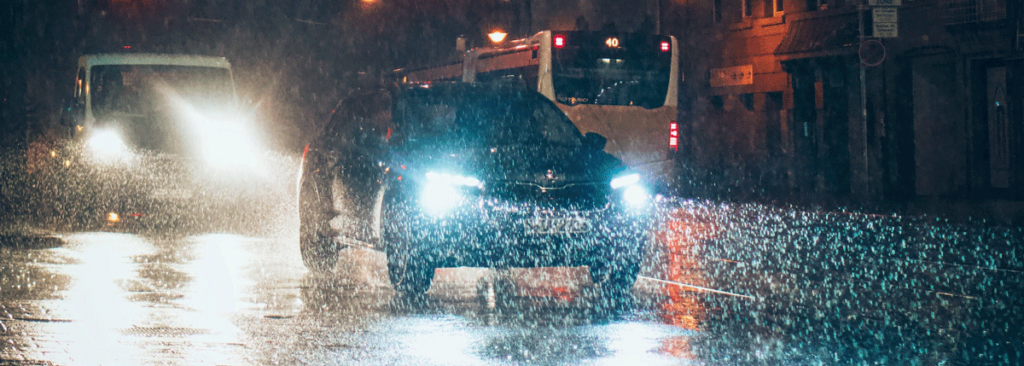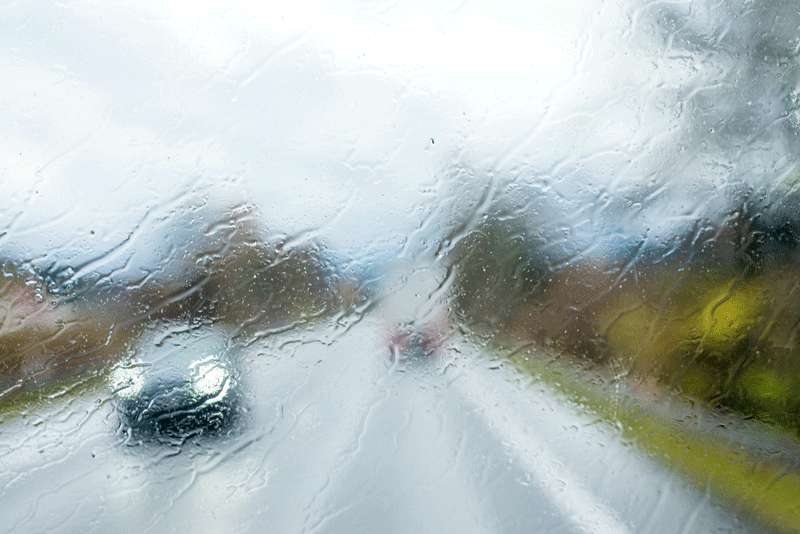Many parts of South Africa will be subjected to their first summer rains over the next days or weeks. During these first few rain showers, the roads will be especially hazardous as the oil and grease collected on the roads during the dry season, will make the roads more slippery than normal. The following advice from motus.cars will assist motorists in conquering wet roads.
Drive smoothly
Try being as smooth as possible with all inputs including steering, braking and accelerating. If you feel that your car is starting to skid, the most important reaction is to avoid braking harshly and suddenly but rather to gradually reduce speed. Keep both hands on the steering wheel and look where you want to go.

Take your time
If you need to travel during a rain shower, give yourself more time than normal so that you don’t need to rush. Traffic speeds will be lower and it is advisable to reduce your speed by 10 to 20 percent. There is also a good chance that traffic lights could be out of order due to the inclement weather, which could lengthen your travelling time even further.
Increase your following distance
Make sure that you increase your following distance substantially when travelling in the rain or on wet roads. This will ensure better visibility by avoiding spray from the car ahead of you. Your car’s braking ability will also be greatly reduced on wet surfaces, meaning it will require a much longer distance to come to a stop or to slow down in order to avoid a hazard.
Headlights
It is a good idea to always drive with your headlights on, but it is a necessity when driving in the rain. This will ensure that you are visible to other motorists and pedestrians. If your car is fitted with front or rear fog lights, those should be used in extreme weather too. Avoid using your hazards while driving as hazards are used to indicate a stationary vehicle and their inappropriate use could confuse other motorists.

Avoid cruise control
Avoid using cruise control when driving in the rain or on wet roads. The use of such semi autonomous systems will restrict your ability to manage your speed more precisely in line with the conditions and could also slow down your reaction time if your car starts to skid or aquaplane.
Stay away from standing water
Avoid standing water at all costs, although cars are designed to drive in wet weather, driving through deep water can cause damage to sensitive electronic components or even catastrophic engine failure. Avoid the temptation to cross standing water such as low water bridges as it takes just a few centimetres of water to float a car and render it completely uncontrollable.

For more info and tips, visit our blog and join the conversation on Facebook. For interesting videos, check out YouTube.



